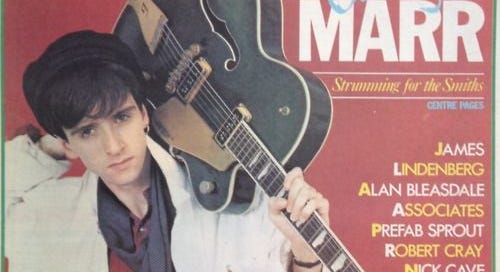It’s been decades since I’ve worked in a bookstore, but I still dream about them. I spent years behind the counter of five different shops: all through high school, university, post-degree, and back again a few years later through grad school. I can’t go into a bookstore without straightening shelves and returning misplaced books to their stacks on display tables. From time to time I wake up from a dream in which I’ve picked up some shifts at a bookstore over the Christmas holidays.
Bookstores raised me. When I was a teenager my co-workers, many of them in their early twenties, were embarking on careers in journalism and music and publishing, or working at the store to support themselves as writers and artists. I heard about interviews and auditions and apartments and relationships. They knew the editors who came in. They talked about book sales with authors who stopped by. They watched the frowning publisher who picked up every remaindered book with two reluctant fingers, as if fearing contamination. Customers also taught me so much about human behaviour, both good and bad.
And that’s not even mentioning what I learned from the books themselves, which I could buy for a sharp discount. (I did not end up saving much from my bookstore jobs.) Another perk, which would be less meaningful in today’s world of almost unlimited access to online content, was the ability to take home unsold copies of magazines and newspapers after stripping the front cover off. The book reviews — London, New York — were popular with most staff. I started leafing through The Economist because one of my colleagues did. And, it being the heyday of British music press, I followed somebody else’s lead and took home copies of NME and Melody Maker, weekly British newsprint periodicals full of alternatingly caustic and fawning coverage of new music.
That’s how I discovered Sinead O’Connor. I was eager to hear “Jerusalem” and “Troy” before I’d heard a note because I’d already read about them. When I finally got a copy of “The Lion and the Cobra”, the album’s variety delighted me: jangly “Mandinka”; “Never Get Old”, with its mellifluous Gaelic spoken word beginning; the monumental “Troy”; the spare “Just Like U Said It Would B.” I listened to it frequently – alongside, among other things, the high pop of the era.
In an early interview I recall Sinead O’Connor said she’d begun yelling while singing because she’d been playing in bars and couldn’t make herself heard using her normal voice. It reminds me of something Liz Phair has often said in interviews, that the young female voice is the least listened to and easiest to ignore; it carries little authority. I just spent a few days with a nine-year-old Swiftie, which makes me wonder: has that changed — is that changing — now, and for good? Let’s hope so. And in the meantime, RIP, Sinead. Thanks for making sure we heard you.





I worked at A&A and the Classical Music Shoppe in Hazelton Lanes when I was undergrad. It was like being lost at sea and I wanted to drown in it!